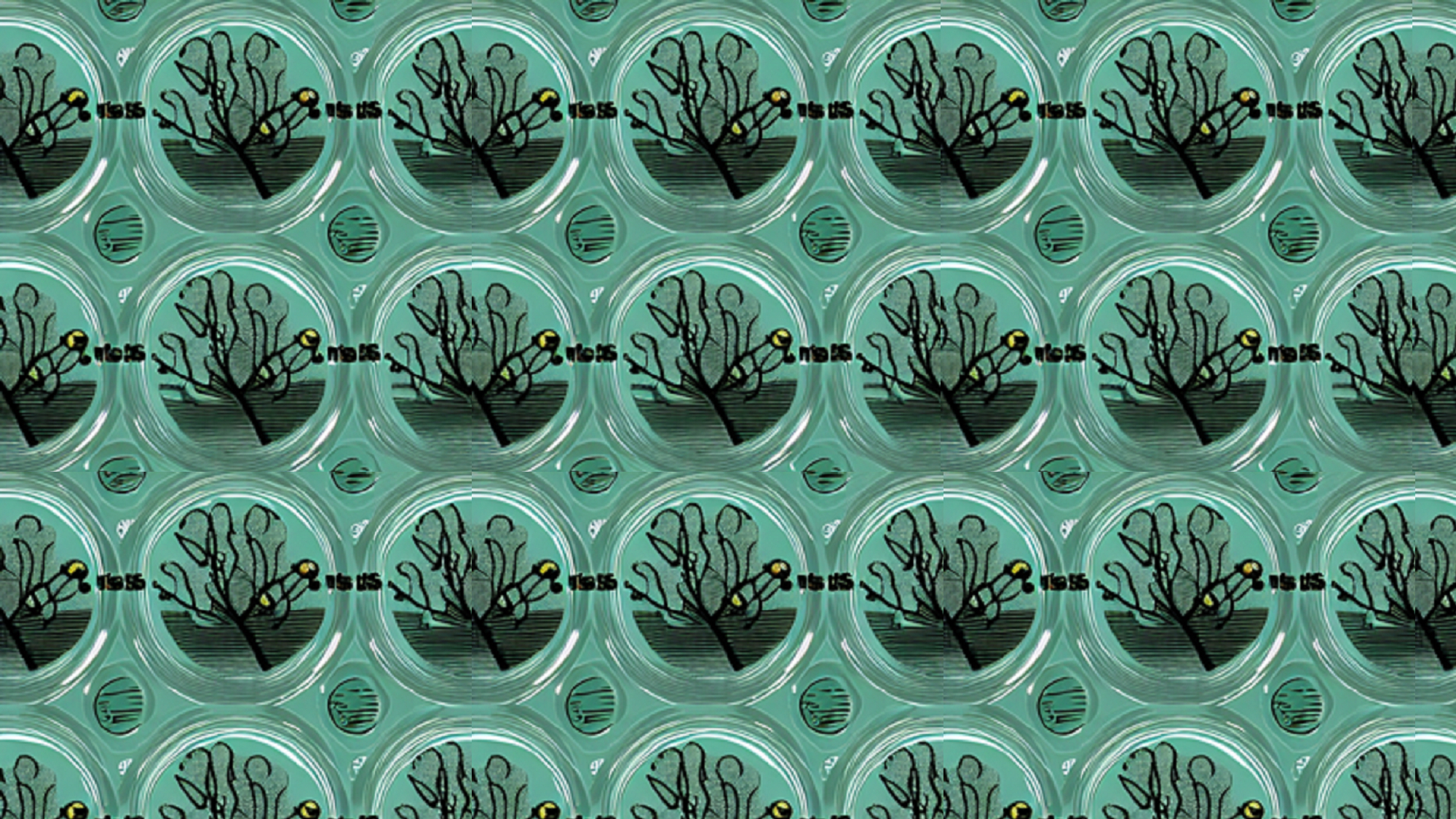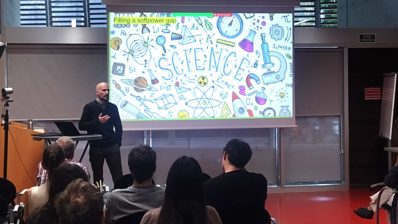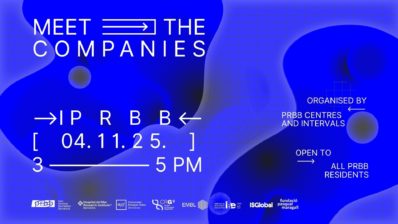The carbon footprint of biomedical research, like that of many other activities, is gigantic. There are parts that are unavoidable – for example, many tissue samples, so important and valuable, have to be frozen to maintain their quality and usefulness over time.
But there are things, small and perhaps not so small, that we can certainly improve. And at the Barcelona Biomedical Research Park (PRBB) we want to do our bit for energy improvement and sustainability.
With this objective, and coinciding with the celebration of the 27th United Nations Conference on Climate Change, COP 27, the second session of the course “Project zero: how to become an agent of change to decarbonize science” took place at the PRBB. This course, led by Kate Whitfield, is organized by the Intervals programme.
At the end of the session, the participants had to prepare projects on actions they could implement in their laboratories and centers, and at a personal level, to reduce their environmental footprint. The 9 course participants sent these proposals to the Carbon Literacy Project, which aims to empower people to start acting by issuing “Carbon Literacy” certificates.
The 2nd edition of the “Project zero” Intervals course resulted in concrete proposals to reduce the carbon footprint of PRBB laboratories and centers.
The ideas proposed by the residents of the PRBB centers participating in the course, still at an early proposal stage, include topics such as:
- travel (reducing air travel as much as possible and replacing it with virtual meetings or travel by other less polluting means of transport)
- energy savings (e.g. changing the temperature of freezers from -80°C to 70°C)
- reducing waste (e.g. by reusing laboratory equipment whenever possible, avoiding single-use plastic materials, repairing and reusing computer equipment, or giving a second life to old cell phones through associations such as Fairphone)
- promoting more sustainable food options (e.g. vegetarian) in caterings.
Participants will now discuss their proposals within their groups and centers, to try to implement them and thus help reduce the carbon footprint we produce. Because at PRBB we care about sustainability, and we can all do our part!







